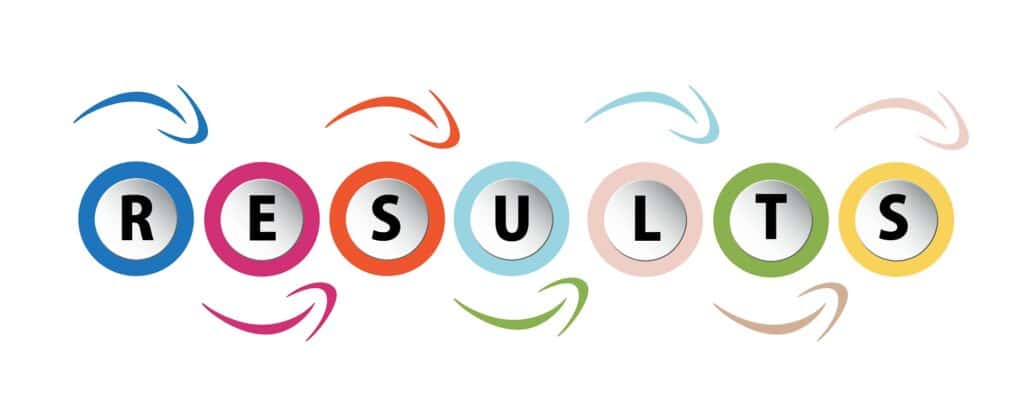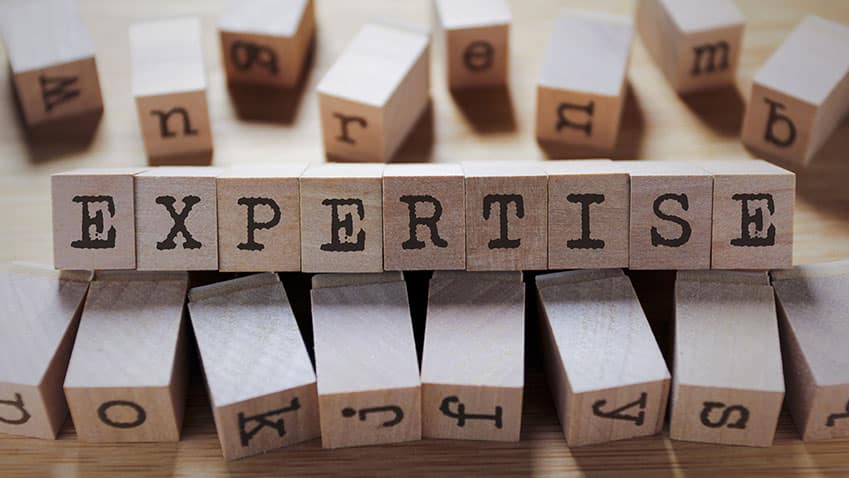Nearly all organizations have structures with different positions of differing authority; and often those in these positions get to make decisions. Schools, businesses, governments and even families usually operate with some degree of hierarchy. ‘Authority’ as a way of justification, however, usually gets a pretty bad press – at least among free-thinkers who rightly point to the fact that the value or truth of a message is not necessarily related to the position of the person delivering the message. So when Apple CEO Tim Cook tells us that “Apple Products are the easiest to use” we are rightly more skeptical than we might be when our otherwise technically-challenged friend tells us the same message. Our friend is, in this context, a better source for us to listen to.
So I was very interested that Tim Cook recently made headlines by publicly talking not about Apple products, but about his sexuality and his pride in being gay. My focus here is on the media interest, rather than the issue itself. After all, we would hardly care if Cook had declared a preference for still water over sparkling water!
But perhaps I need to loosen up a bit here. While logically speaking, the CEO of Apple has no more to say to us than anyone else on personal matters, psychologically speaking we know that’s not the case; study after study, including the infamous Milgram experiment, has shown that our moral judgements are likely to be swayed by authority. We also know that putting a face to an idea can humanise the idea or give a cause a human identity (ever noticed how advertisers try to get you to pay attention to their magazines? Look at the number and size of faces staring straight off the covers). Indeed, it’s much easier to be unreasonable when we can de-humanise personal issues (hence internet flame wars, where people write things they would never say face-to-face).
So perhaps we do sometimes base our judgements on the status of the speaker; that is, we give deference to authority. And even if this is fallacious when it’s a scientific matter, perhaps in the moral, human realm, the details of the human speaker should count for a lot. If moral insight comes from having insight into another person, as we would tend to think from reading great literature, then the issue of liking the speaker is really less about authority and more about empathy with someone we admire.
That said, I have to say I was rather skeptical about this announcement, figuring it for another Apple publicity campaign. Until, that is, I read what Cook actually wrote in this Businessweek article, and I think it’s worth quoting: “I don’t consider myself an activist, but I realize how much I’ve benefited from the sacrifice of others. So if hearing that the CEO of Apple is gay can help someone struggling to come to terms with who he or she is, or bring comfort to anyone who feels alone, or inspire people to insist on their equality, then it’s worth the trade-off with my own privacy.”
It’s also worth placing this in the narrative of the history of hard-won equality rights in terms of gender, race, and increasingly, sexuality. While these rights are far from universal or complete, the trajectory is overwhelmingly positive (notwithstanding the recent decision to uphold Section 377A of the Singapore Penal Code). Cook puts it beautifully: “When I arrive in my office each morning, I’m greeted by framed photos of Dr. King and Robert F. Kennedy. I don’t pretend that writing this puts me in their league. All it does is allow me to look at those pictures and know that I’m doing my part, however small, to help others. We pave the sunlit path toward justice together, brick by brick. This is my brick.”

I am also especially proud of our Equality group, which began as a student initiative early in 2012 after a group of four recent graduates (who were then in FIB) identified a need to support their gay and lesbian friends. Interestingly, the student body here has said that everyone is incredibly open to the sexual orientation of others, but not so tolerant and accepting of their own. Equality gained encouragement from Dover’s Gay Straight Alliance (see “I’m an ally”) and currently consists of 10 members who provide support to celebrate rather than lament differences. They too are paving that sunlit path towards social justice, laying their own bricks alongside those first cemented by Emily Pankhurst, Harvey Milk, Martin Luther King and millions of other less well-known, but equally important, activists who knew exactly when to question authority.
My take away here is that we should all, from time to time, ask ourselves what is my brick? I’m grateful that Tim Cook has reminded us to keep the question alive, and I’m proud of our students who are themselves already finding their own answers.


